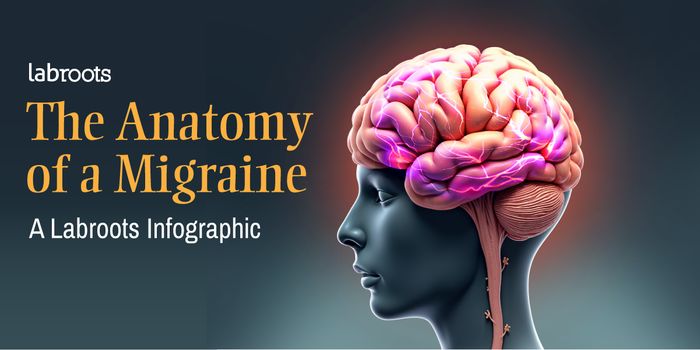A Huge Biobank From an Isolated Population Reveals More About Inheritance
The Finnish population has provided investigators with a rare opportunity. Most Finns descend from a small, so-called founder population of individuals, and people have primarily reproduced with others in that group for a hundred or so generations. So the genetics of the population carries many small changes in the DNA sequence, or variants that are unique and tend to only be found in this group. There is also a wealth of phenotypic data, which characterizes the health and biology of members of this population. Scientists have now analyzed genetic and health data from 224,737 Finnish biobank volunteers to link those rare genetic variants with different health outcomes. Two studies have been reported in Nature outlining the findings.
There are about 2,500 variants that rarely found in people who are not Finnish, and these newly revealed genetic variants can impact the risk of a disease. Almost 30 of these variants have not been linked to a disease before, and have now been described in greater detail. A variant in the TNRC18 gene for example, appears to increase the risk of inflammatory disorders like inflammatory bowel disease. Other variants increase the likelihood of hypothyroidism, hearing loss, or endometriosis, while some variants decreased the chance of glaucoma or heart disease.
This study serves as a reminder of the complexity of genetic effects; some genes can influence multiple traits while some traits are influenced by multiple genes, phenomena known as pleiotropy and polygenics, respectively. Variations within those genes, or how many variants a person carries can also modify the impact or expression of genes, as well as health and disease. Human genes can have a complex relationship with various aspects of biology, and genes are not always simply recessive or dominant like in Mendelian crosses.
“Researchers usually only search for additive effects when they try to find common genetic variants that influence disease risk. It is more challenging to identify recessively inherited effects on diseases as you need very large sample sizes to find the rare occasions where individuals have two dysfunctional variants,” noted first study author Dr. Henrike Heyne of the Institute for Molecular Medicine Finland (FIMM), University of Helsinki.
The sample size of the population in this research is huge, while the members have been kept relatively isolated, so variants that would be otherwise be rare can be found at greater frequency in this group. This has enabled the researchers to learn more about the effect of those rare variants.
The FinnGen data indicated that the effects of some variants that cause disease and have a recessive inheritance pattern depend on the number of pathogenic variants that are present. This confirms previous studies that have come to the same conclusion.
There were also some genetic variants that protected against heart arrhythmia and hypertension in genes that are linked to severe disease.
“This study highlights the importance of integrating the large-scale biobank approach with detailed insights that emerge from rare disease studies. A more complete understanding of the role of genetic variation in each gene only emerges when we take account of all of the perspectives and insights from diverse study designs," said senior study author Mark Daly of the FIMM, Massachusetts General Hospital, and the Broad Institute.
Data from FinnGen can also be accessed here.
Sources: University of Helsinki, Heyne et al Nature 2023, Kurki et al Nature 2023









